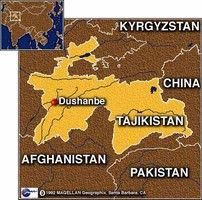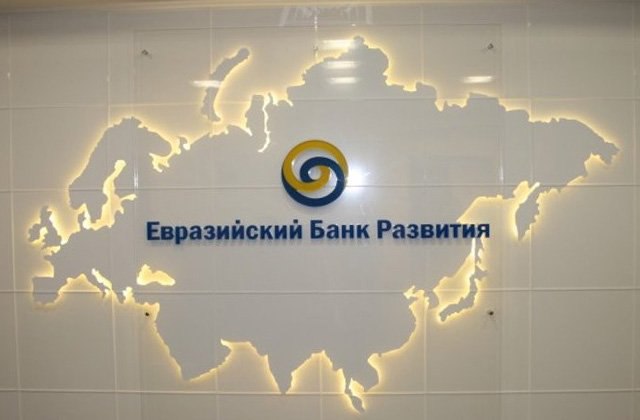DUSHANBE (TCA) — Small and medium enterprises (SMEs) across Tajikistan will gain greater access to finance, thanks to a newly passed reform in secured transactions. Financing for banks and SMEs alike will become easier, less risky and less costly, thereby helping boost the country’s business and investment environment, the World Bank said on February 1.
A modern collateral registry, launched jointly by the Government of Tajikistan and the World Bank Group, will support a set of policy measures to help expand access to finance for SMEs. The collateral registry is an online public database that allows financial institutions to register property such as livestock, machinery, and vehicles, and which facilitates the use of moveable collaterals for loans. Modern secured transactions laws and collateral registries have a tangible impact an economy’s growth and development potential.
“Facilitating the ability of firms to pledge moveable assets as collaterals and of banks to enforce corresponding credit contracts reduces the risks for both contractual partners,” says Jan-Peter Olters, World Bank Country Manager for Tajikistan. “The reform represents a critical building block in efforts to expand access to, and reduce the costs of, finance to SMEs, thereby boosting efforts to stimulate investments, innovation, and employment.”
With the creation of the collateral registry, a total of nine laws have been adopted recently to create the necessary framework for a modern system of secured transactions. By incorporating a “functional approach” to secured transactions, Tajikistan ensures a comprehensive regime for the creation, perfection, publication, and enforcement of security rights, all based on the principles of the UN Commission on International Trade Law (UNCITRAL).
According to World Bank Group research, the transaction reform will support new borrowing opportunities in Tajikistan, where up to 70% of businesses’ assets are in a movable form, that is, in assets other than land and real estate.
The World Bank Group has financed the creation of the online registry and supported the reforms in Tajikistan through the World Bank’s Private Sector Competitiveness Project and the Azerbaijan-Central Asia Financial Infrastructure Project, implemented by the International Finance Corporation, with support from the Government of Switzerland.
The World Bank Group has worked closely with the Ministry of Justice of Tajikistan, the State Investment and State Property Management Committee under the Government of Tajikistan, and the National Bank of Tajikistan during preparation of the registry and will continue to do so during implementation—with a view to enabling wide usage of the registry and supporting banks and SMEs in reducing risk (perceptions) of new credit applications, the World Bank said.









